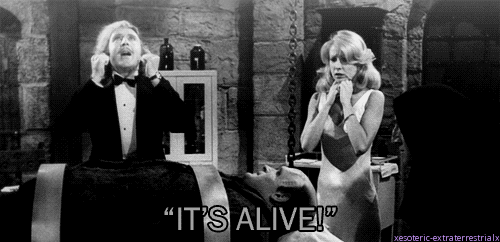BSOD after BSOD after BSOD - Getting green over a sea of blue pixels

IT. FINALLY. WORKS.
So, what was it you may ask?
The
fucking
CPU
microcode.
Sorry for the swearing, but I had to.
It just hit me it could be that because on the latest BIOS update (version 3703) there was new microcode to address the Spectre and Meltdown issues so I rolled back to version 3201, the previous one I was using, but that didn't work (that version didn't have any microcode patches). So I went to the previous I had (2202) which did indeed bring a microcode update and bingo. Everything now seems to be absolutely rock solid again.
And it kinda makes sense now that I think about it. All those errors related to memory and spectre/meltdown being vulnerabilities that, in short, leverage memory leaks.
But before I could fix it I got yet another symptom:

It reads:
"The instruction at 0x00007FFA79F61506 referenced the memory at 0xFFFFFFFFFFFFFFFF. The memory couldn't be read.
Press Ok to terminate the program.
Press Cancel to debug the program."
So, and with that, do be very careful when updating your BIOS with a CPU microcode update/patch embedded. Stuff can go really bad really quick and make you lose some good hair and sleep and get you some grays instead.
Anyway, I would like to thank you both @ElSeniorTaco and @stateofpsychosis for the help and tips.
Here, please have a virtual cookie ![]()
___
/^ \
|^ ^|
\___/


.png.255947720031a641abdac78e663b681c.png)
















Create an account or sign in to comment
You need to be a member in order to leave a comment
Create an account
Sign up for a new account in our community. It's easy!
Register a new accountSign in
Already have an account? Sign in here.
Sign In Now